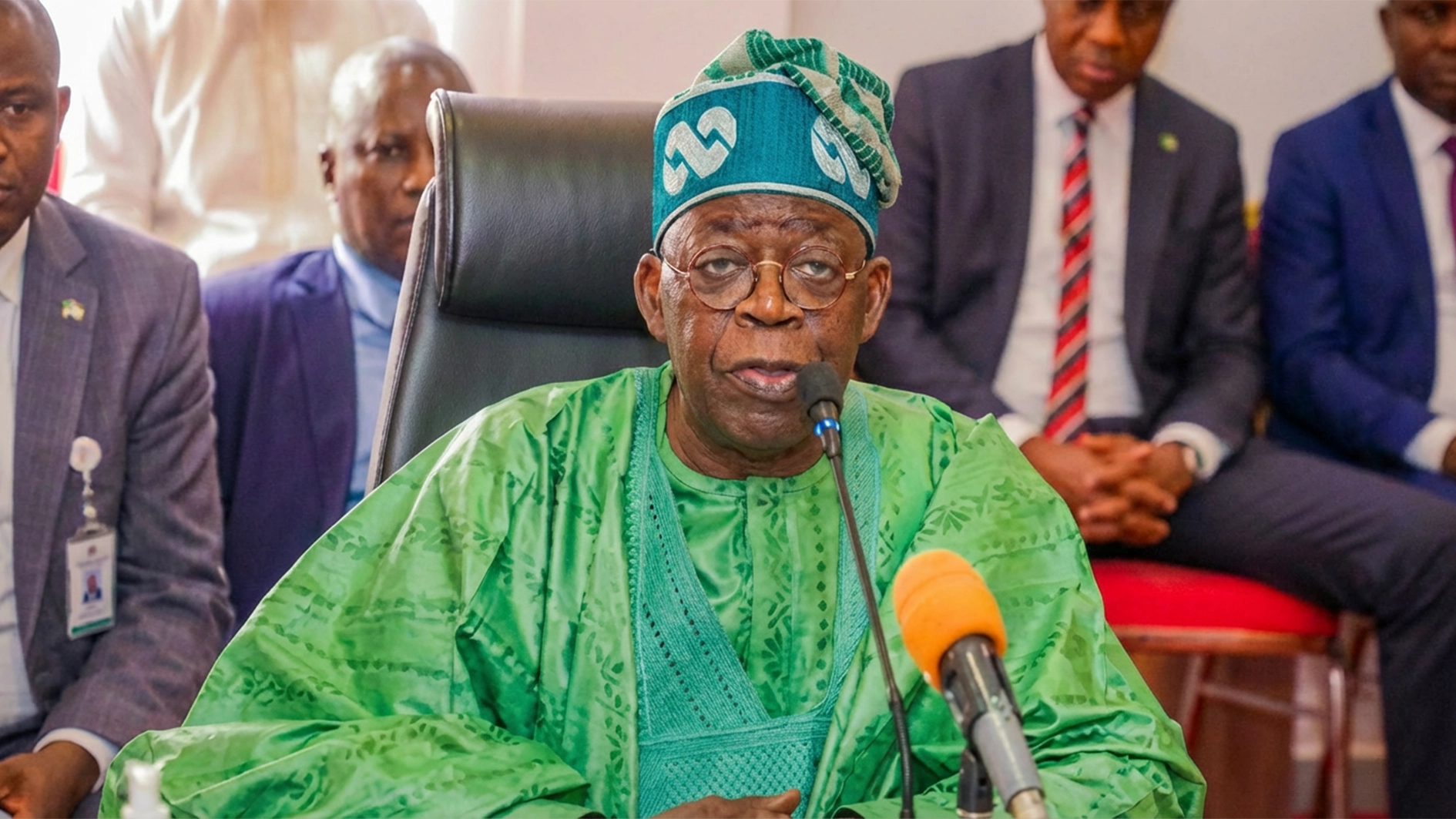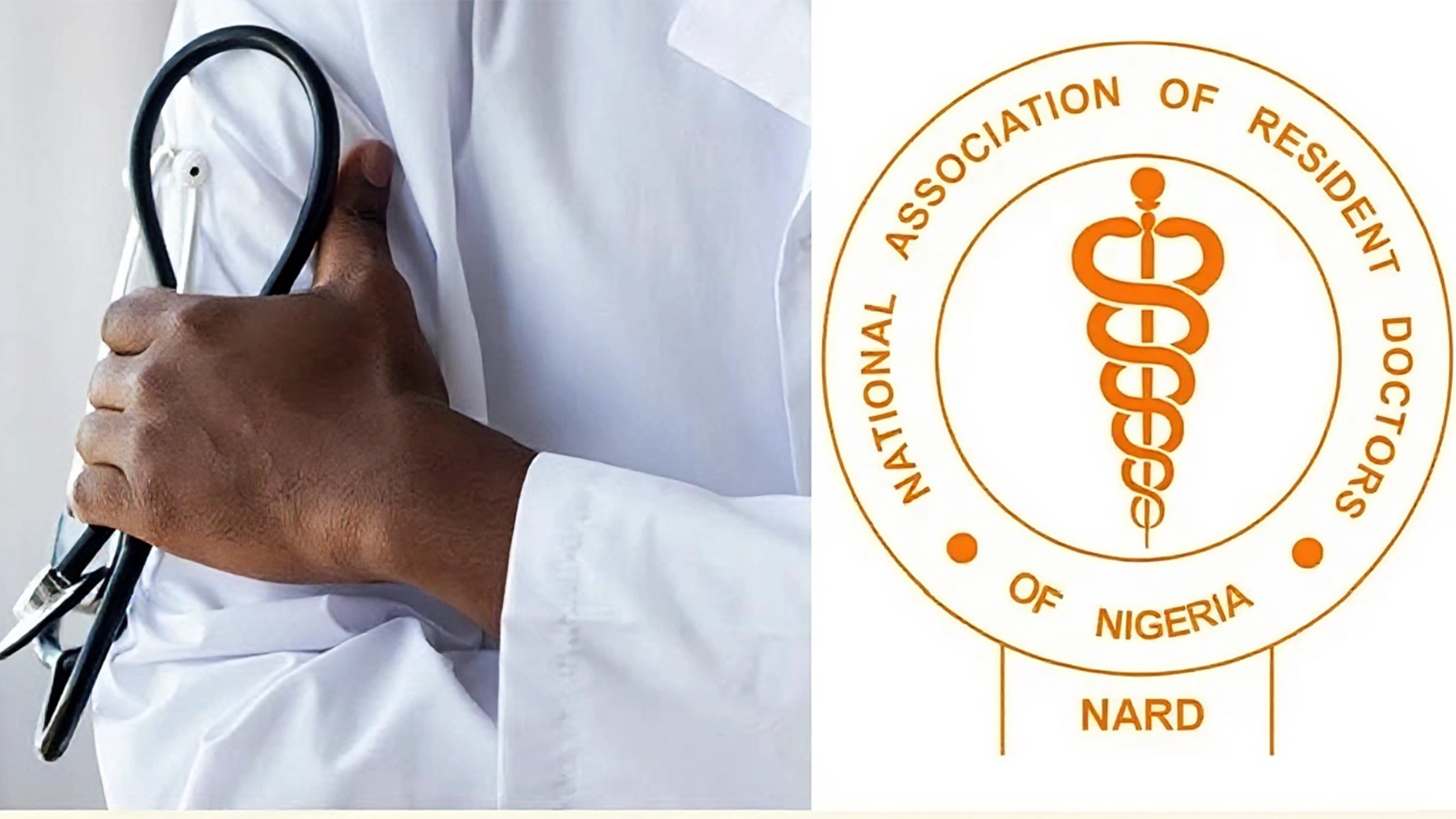
• Minister upbeat as investigative panel submits report
• Nigeria suffering outages despite not generating 10% of S’Africa’s electricity, says Obi
The National Orientation Agency (NOA) has attributed the frequent collapse of the national grid to the inability of Electricity Distribution Companies (DisCos) to take power generated by the Generation Companies (GenCos).
But the Minister of Power, Adebayo Adelabu, has expressed optimism that the frequent grid collapses could be curbed with the implementation of far-reaching reforms of the transmission subsector.
Meanwhile, the presidential candidate of the Labour Party (LP) in the 2023 elections, Peter Obi, said even while Nigeria was struggling to generate and distribute 10 per cent of electricity produced in South Africa, residents continue to endure daily power outages.
The national grid had collapsed on Tuesday, the ninth time this year, and thrown every consumer into darkness.
In a circular entitled Why National Grid Collapse’, NOA explained, yesterday, that the country could generate about 13,000 megawatts (MW) of electricity and transmit about 8,000; but given DisCos’ limited infrastructure, it would result in system failure.
The Federal Government agency said that last month, the DisCos rejected about 1,400MW of the 5,313MW electricity from the GenCos.
It stated, “As of today, the Transmission Company of Nigeria (TCN) has an installed wheeling capacity of over 8,100MW and can comfortably wheel out 6,000MW of generated power. Thanks to facility upgrades courtesy of the Siemens project and TCN’s internal projects.
“On the generation side, with the addition of the 700MW Zungeru hydroelectric plant, which came on stream in the second quarter of the year, Nigeria’s national grid now has an installed power generation capacity of about 13,610mw.”
According to NOA, despite the 13,610mw generation capacity and the over 8,000MW transmission capacity, the total active distribution capacity of the 11 DisCos still hovers around 4,000MW.
It highlighted that cost recovery remains a significant challenge for DisCos, limiting their ability to invest in critical infrastructure.
Adelabu, while receiving the report of an investigative panel he set up to unravel the causes of Nigeria’s incessant electricity grid collapses, noted that the high number of collapses “is not for us”.
He added, “We all know the negative impact of incessant grid collapses and the reliability and functionality of the power sector. This is unacceptable to us”.
The report, he said, will be studied, discussed and amended with the final copy presented to President Bola Tinubu for approval of full implementation.
“Some of the recommendations will need budgetary provisions and we are ready for this,” he stated.
Presenting the report, the Committee Chairman and the Executive Director, Independent System Operator, TCN, Nafisatu Ali, blamed the collapse of October 14 on the shattering of lightning arrestors in Jebba and Oshogbo transmission stations, while that of October 19 was blamed on the explosion of a CT in Jebba station.
In a post via X, yesterday, Obi said South Africa, which used to be the second-largest economy in Africa behind Nigeria, “generates and distributes about 40,000mw” of electricity, while Nigeria generates below 5,000mw.
According to the former governor of Anambra State, South Africa recently celebrated seven months of uninterrupted power supply.
He said solving Nigeria’s power crisis would require visionary leadership.
Obi retorted, “And when I ask the question, is there any tribe in Nigeria that enjoys an uninterrupted power supply like South Africa? I am labelled a tribal bigot. When I ask if any religion enjoys special privileges in this crisis, I am called a religious bigot. But I will continue to speak the truth about our situation today.
“The fact remains that we are all suffering equally from this failure. The solution lies not in tribal or religious affiliations, but in visionary leadership and a shared commitment to progress.”






